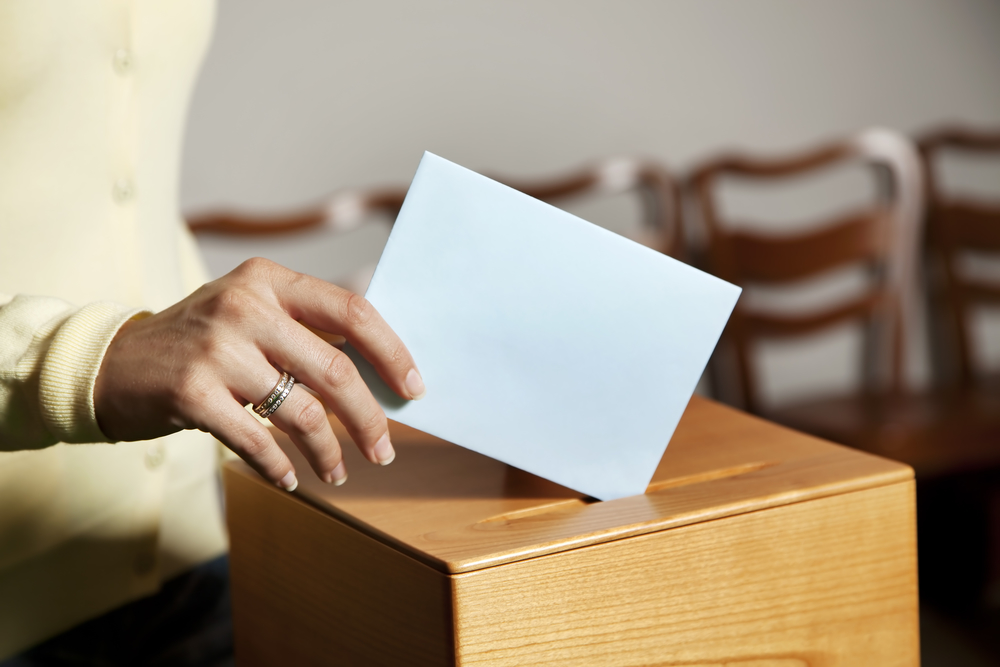 Introduction
Introduction
When elections are won or lost by a large majority, it can give people, particularly young people, the impression that their votes don’t matter. They see the situation as very simple: the outcome would be the same regardless or not if they had exercised their one vote or not. However, this attitude is not only damaging and cultivates a dangerous sense of apathy, it also is very incorrect. In states that are overwhelmingly red or blue, it really can feel like your vote is lost in a sea that is either with you or against you. And as one researcher recently pointed out, it is important to acknowledge that voting is onerous (McColl, 2016). It can be tedious to look up one’s polling place and make time before or after work to vote. Going before work means waking up earlier and going after work means being tired and putting off dinner. You are often committing to standing in line for a while, usually in a place that is crowded and not terribly aesthetically pleasing. However, this article will demonstrate why it’s always important to vote, even if your state is overwhelmingly set in one political direction. Voting is a responsibility of every citizen and if you don’t honor it accordingly, you are turning your back on your duties as a participant within a democracy.
One of the main reasons that your vote matters is that voting is about so much more than influencing the final outcome. Naturally, all voters are invested in having their desired candidates elected, but voting is also a means of asserting that you are invested in the direction that the democracy takes. Research has found consistently that policymakers pay closer attention to the partialities and goals of people who live in areas that have higher levels of voter turnout (Griffin & Newman, 2005). Other researchers have found “higher levels of citizen participation signal to representatives greater surveillance of their actions by their constituents and, thus, a higher probability of sanction. Representatives respond to these signals by deploying resources in ways that provide better intelligence of district needs and preferences. As a consequence, higher citizen participation is rewarded with enhanced policy responsiveness” (Martin & Claibourn, 2013).
[ text from this essay is missing, view full version to see entire paper. ]
Another reason that voting is so crucial is because there...
In 2015, Mississippi stunned the world when the election for state representative had to be decided by “drawing straws.” Blaine Eaton II and his Republican challenger, Mark Tullos had each received exactly 4,589 votes (Fausset, 2015). The act of drawing straws had to be done in order to settle the tie. Such an event seems unfathomable for these modern times, but the fact remains that it did occur. Of all the 9,178 people who voted for either candidate, none of them can ever think that their vote didn’t matter: they all had definitive proof that it did and they will probably never skip an election again. In reality, any and every election has the potential to wield this level of importance for each vote.
An additional aspect that can shed light upon why every vote is important revolves around the fact that the “my vote doesn’t matter belief” can be contagious and dangerous. “Research on a past election showed that, of affluent people earning over $150,000 a year, a whopping 50 percent showed up at the polls. On the other hand, of 18 to 24 year olds earning under $30,000 a year, only 12 percent showed up to vote” (Cormier, 2016). Granted, one might argue that the people making over $150,000 per year were probably older and know how crucial elections are from life experience. Even so, college-aged young people should be fresh off the lessons of their education, which dictate the importance of civic duty such as voting. Using the information put forth in the data stated above, if there are 100 18-24 year old voters for every 20 more affluent voters, it would be too easy for young voters to think that it’s not necessary for them to vote. For example, if only 12 percent of young people vote, that would only offer a total of 12 votes. If over 50% of all wealthier voters vote, such as 65%, that would offer a total of 13 votes (Cormier, 2016). This shows how large populations of voters can get overwhelmed by a smaller majority that makes an effort to turn out for an election.
[ text from this essay is missing, view full version to see entire paper. ]
Conclusion
In summary, the importance of voting cannot be emphasized enough. Voting, one could argue, is at first a symbolic gesture. It demonstrates your belief in our democracy and your action of voting highlights its importance. Voting helps to assert the power of your district, so that policymakers pay attention to the needs of your community. Voting is vital because you never know when it could be a close race. Finally, refusing to acknowledge the importance of your vote is an easy way…


 Introduction
Introduction
